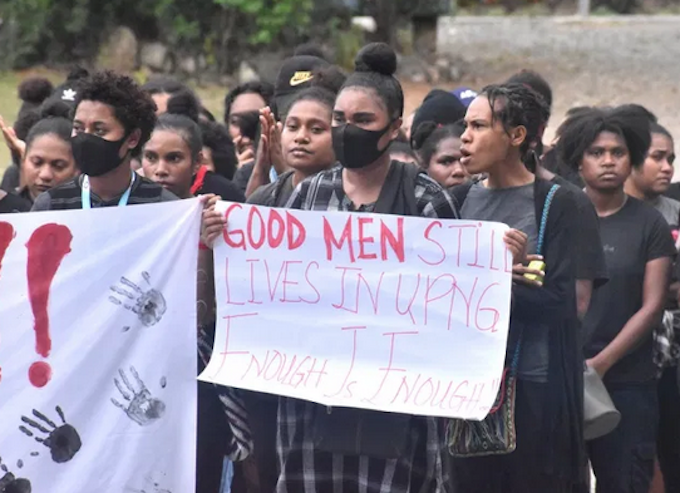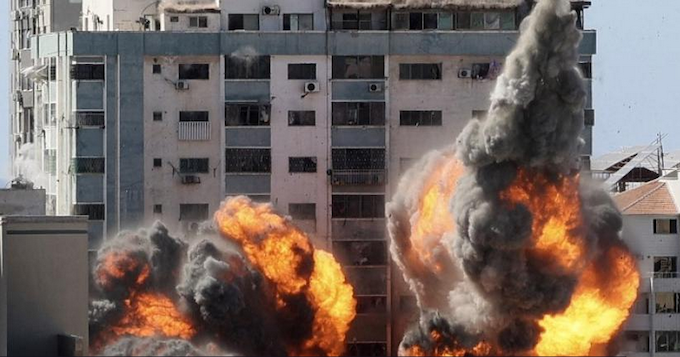Journalists and media workers have criticised comments made by Aotearoa New Zealand’s newly-elected Deputy Prime Minister Winston Peters — who claimed that a 2020 Labour government media funding initiative constituted “bribery” — as a threat to media freedom.
The International Federation of Journalists (IFJ) reports that it has joined its union affiliate, E Tū, in strongly disputing Peters’s comments, and urging the minister and other politicians to uphold New Zealand’s “proud tradition of press freedom”.
Peters has repeatedly accused reporters of receiving bribes and engaging in corrupt practices.
- READ MORE: Former broadcast minister defends NZ journalism fund, state-funded media independence
- Is Winston Peters right to call state-funded journalism ‘bribery’ – or is there a bigger threat to democracy?
Peters’ remarks relate to the participation of several media outlets, public broadcasters, and media initiatives in the Public Interest Journalism Fund (PIJF), a media support programme established in the wake of the covid-19 pandemic.
Speaking to journalists covering the first cabinet meeting of New Zealand’s new government on November 28, Peters asked journalists what they “had to sign before they get the money”, criticising the media professionals present for their perceived lack of transparency.
That same day, Peters claimed he was “at war” with the mainstream media, reports the IFJ.
On November 27, Peters accused the state-owned broadcasters Radio New Zealand (RNZ) and Television New Zealand (TVNZ) of accepting bribery, questioning their editorial independence and calling the funding initiative indefensible.
On November 24, Peters criticised media covering the new coalition’s signing ceremony for failing to give enough media coverage before the election, calling the journalists “mathematical morons”.
Avoided reporters’ questions
Since the release of the final election results on November 3, Peters has avoided questions from political reporters.
Peters is the only coalition leader to have not engaged with political reporters since the results were confirmed.
The PIJF was designed to address the dramatic ad revenue drop-off in 2020. The fund provided NZ$55 million (US$34 million) from 2021 and 2023 and was designed to support local news initiatives, specific projects, trainings, and public interest media.
On November 23, Peters, alongside the conservative National Party leader Christopher Luxon, who is now Prime Minister, and the libertarian ACT party, announced the formation of New Zealand’s sixth National-led government, following elections in October.
The E Tū said in a statement: “By spreading misinformation and supporting conspiracy theories, Mr Peters is placing journalists at risk. We urge Mr Peters, as well as other senior politicians and public figures, to support and protect our independent media, not attack it.
“While journalists strongly reject Mr Peters’ claims, we will all continue to cover him, New Zealand First, and all parties in an unbiased way.
“The media has an important role to play in a democracy, holding politicians to account and acting as a watchdog for the community.
“Our journalists’ daily work helps support and protect an environment of free debate and wide-ranging input, and we hope and trust all our political leaders’ efforts do, too.”
The IFJ said:“Peters’ ‘war’ on journalism is deeply concerning, especially from the deputy leader of a democratic nation.
“Misinformation spread by a senior political leader can validate dangerous conspiracy theories, and can endanger journalists and media workers. The IFJ strongly urges New Zealand’s senior politicians to uphold press freedom.”
This post was originally published on Asia Pacific Report.

